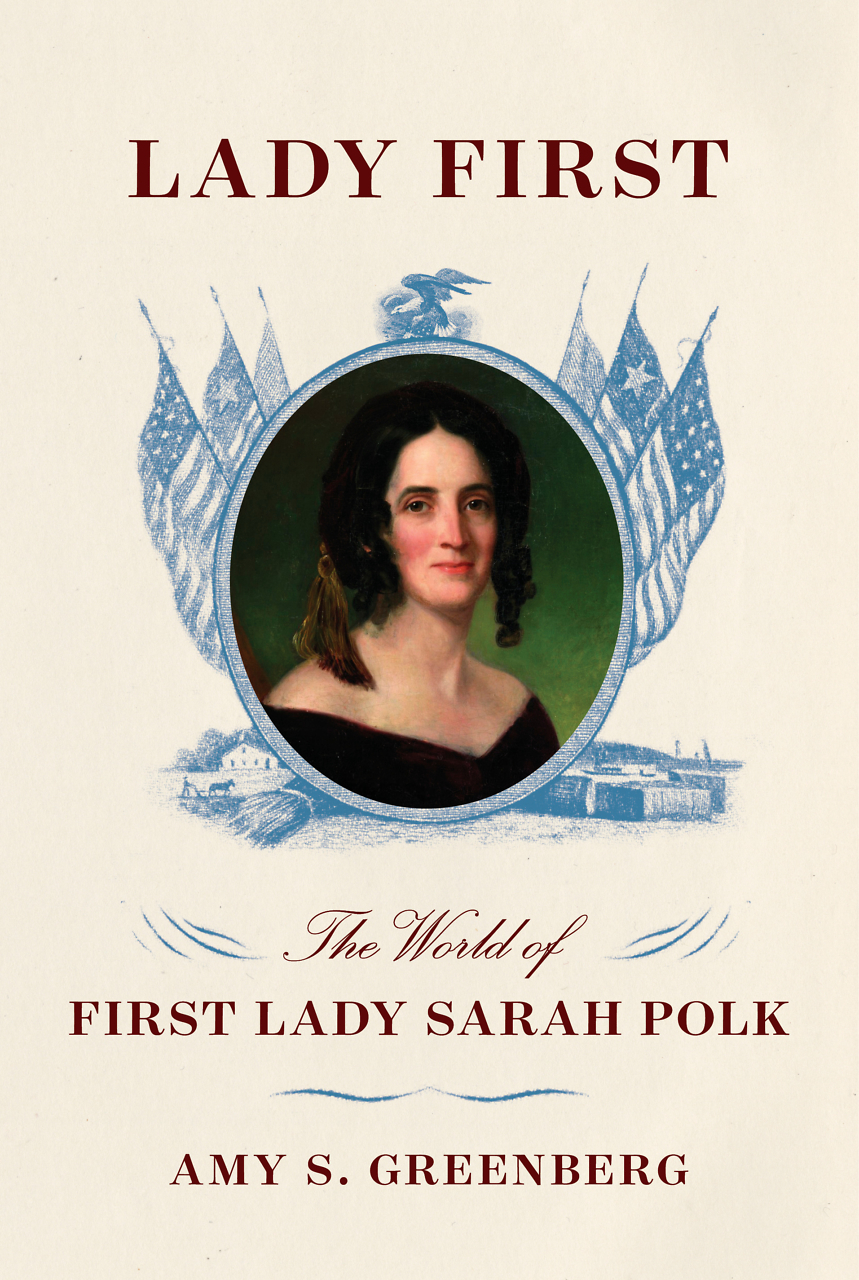Out of the Fire
In Glenn Taylor’s sophomore novel, a rural marble factory is home to an oddball army intent on advancing the cause of civil rights—and exorcizing its own demons.
In Glenn Taylor’s The Marrowbone Marble Company, Loyal Ledford is an ex-Marine who’s seen things that will forever haunt his dreams. After serving in the Asian Theatre during World War II, he returns to his job at a West Virginia glass factory. Drinking heavily and increasingly restless, he marries the boss’s daughter and quits work with no other plan than to build a better life for his young family. Aided by a crew of misfits—which includes his half-breed cousins, a jaded preacher, and the glass factory’s only black employee—Ledford builds the Marrowbone Marble Company on ancient family land. There, he cuts back on his drinking and, for a while, finds a measure of peace.
In addition to manufacturing the decorative glass orbs familiar to all American children, the Marrowbone “commune,” as it’s pejoratively known, becomes of hotbed of civil rights activism. Its residents quickly make enemies of local politicians and law enforcement, who are intent on shutting their operation down. As Ledford and his diverse band resort to increasingly forceful tactics to usurp the status quo and preserve their lifestyle, author Glenn Taylor schools his readers on the complexities of violence and the nature of good and evil.
 Anyone thinking that Marrowbone sounds like one more liberal screed doesn’t know Taylor, whose previous novel, The Ballad of Trenchmouth Taggart, took a nuanced look at the West Virginia coal wars of the 1920s. A writer as obsessed with detail as he is the arc of history, Taylor creates rich characters who are never entirely what they seem. In the case of Marrowbone, Ledford is a red-hot cauldron of emotion, alternately nurturing, self-destructive, composed, and impulsive. Even the murderous Shorty Maynard, Ledford’s sworn enemy, shows a glimmer of humanity as he finds himself unable to shoot a sleeping bear sow: “The way she sounded, the way she moved, somehow matronly and not unlike his own mother … . Shorty couldn’t fire. He didn’t have it in him.”
Anyone thinking that Marrowbone sounds like one more liberal screed doesn’t know Taylor, whose previous novel, The Ballad of Trenchmouth Taggart, took a nuanced look at the West Virginia coal wars of the 1920s. A writer as obsessed with detail as he is the arc of history, Taylor creates rich characters who are never entirely what they seem. In the case of Marrowbone, Ledford is a red-hot cauldron of emotion, alternately nurturing, self-destructive, composed, and impulsive. Even the murderous Shorty Maynard, Ledford’s sworn enemy, shows a glimmer of humanity as he finds himself unable to shoot a sleeping bear sow: “The way she sounded, the way she moved, somehow matronly and not unlike his own mother … . Shorty couldn’t fire. He didn’t have it in him.”
Eventually the forces conspiring against Marrowbone take on the qualities of a Biblical plague, as insects and flooding increase the likelihood that the compound’s end will be a violent one. Add to that mix the return of Ledford’s buddy Erm, a marked man, and an epic standoff between the law of God and the law of man looms. To say more would spoil Taylor’s surprise ending, which, true to form, is an ambivalent twist on the principles of passive resistance.
Ambivalence aside, Taylor is no moral relativist. Marrowbone takes a stand against the corrupting nature of ownership, for example, be it of property or of the means of production. Both inevitably lead to violence, which may or may not be righteous. Such notions might be off-putting to readers of either an anti-socialist or pacifist bent, but that’s Taylor’s point. Amid the clatter of liberal and conservative punditry, The Marrowbone Marble Company reminds us that notions of right and wrong are as complex and ancient as the human heart itself.
Glenn Taylor will read from his book at Davis-Kidd Booksellers in Memphis on May 21 at 6 p.m.


